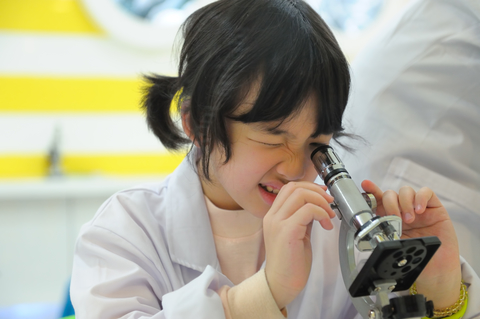New “transformational” test for rare childhood genetic disorders

The way doctors diagnose a group of rare genetic disorders in children could be transformed by a new test developed by University of Manchester researchers (University of Manchester, 2017).
Inborn errors of metabolism (IEMs) are rare inherited conditions where enzymes that break down toxins or serve other essential functions in the body are missing. There are more than five hundred IEMs, some as rare as one in every several thousand individuals. They affect the lives of thousands of children, many of whom die before they reach adulthood. Other IEMs may be less severe but cause serious problems, affecting the brain, bones, gut and liver.
According to the team, the test could help around half of all children affected by IEMs. It can also be used for prenatal testing, helping parents to plan for future pregnancies. The researchers combined a test for more than two hundred IEMs using next generation sequencing (NGS). The single blood or saliva test could replace the battery of stressful tests children must currently endure, including invasive procedures such as biopsies or spinal taps.
The findings, published in the Archives of Disease in Childhood, may also enable diagnosis of some rare disorders, which has not been possible using traditional approaches.
Dr Siddharth Banka, Dr Arunabha Ghosh, Dr Simon Ramsden and Dr Simon Jones at The University of Manchester and Saint Mary’s Hospital led the project.
Siddharth Banka, Clinical Senior Lecturer said “Using cutting edge technology at the Manchester Centre for Genomic Medicine, we have demonstrated that Next Generation Sequencing could transform the diagnosis of patients with these rare genetic conditions. We hope this will mean a child can be diagnosed accurately without having to undergo difficult and invasive tests, improving access to treatment.”
The researchers analysed the new test in a hundred and two individuals with suspected childhood-onset IEMs. In 50% of the children, the new test fully or partially established the molecular cause to facilitate diagnosis. The researchers also found that using NGS after biochemical testing, such as blood and urine, helped to avoid further invasive, lengthy or expensive investigations in 69% of the children.
Simon Jones said “After the initial study period, we are now using this test regularly in Manchester and over 350 patients have already benefitted.”
Arunabha Ghosh said “We have shown it is highly reliable and can be easily done when a doctor suspects that a patient may have an inborn error of metabolism. In the long run we believe this test will save money for the NHS.”








